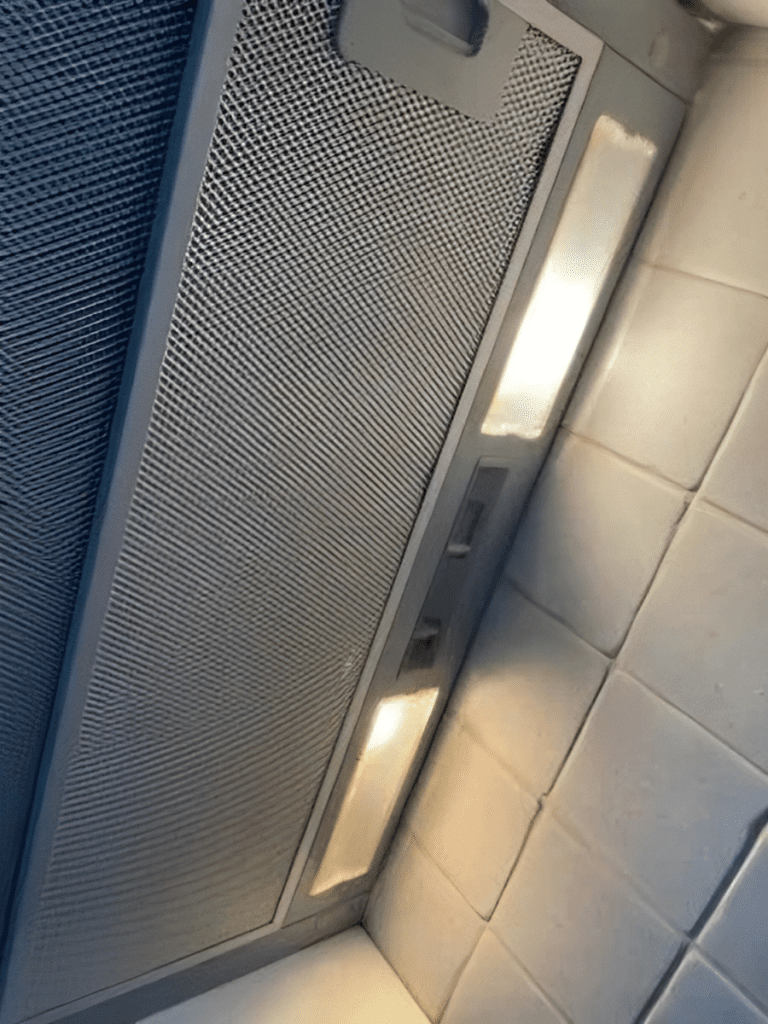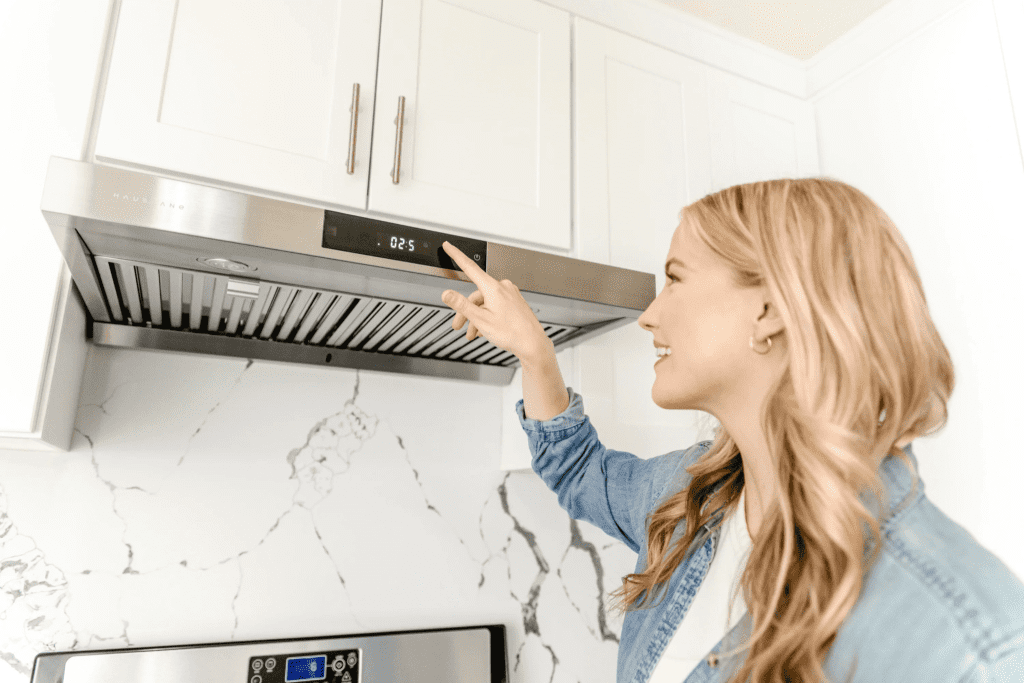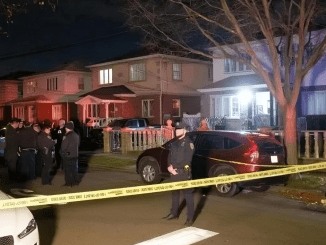Range hood lights are a staple in modern kitchens, providing essential illumination while cooking. But what happens when you consider leaving these lights on overnight? Whether for added security, convenience, or simply forgetting to turn them off, running range hood lights continuously might seem harmless. However, it’s worth examining the safety, energy, and practical implications of this habit. Here’s everything you need to know about whether it’s advisable to keep your range hood lights on all night.

Safety Aspects: Is It Safe to Leave Range Hood Lights On Overnight?
When it comes to safety, the good news is that modern range hoods are generally designed to handle extended use, including running the lights overnight. These appliances are built with safety features to minimize risks, ensuring that they can operate for long periods without issue. However, there are some considerations to keep in mind to ensure that safety is not compromised.
1. Electrical Safety Checks
Even though most range hoods are safe for overnight use, it’s essential to make sure your unit is in good working order. Regularly inspect your range hood for any signs of damage or malfunction. Flickering lights, unusual noises, or inconsistent performance can all be indicators of underlying electrical issues. Addressing these problems promptly can prevent potential hazards and ensure that your range hood operates safely.
2. Fire Risk Awareness

While the risk of a fire starting due to leaving range hood lights on is low, it’s not entirely nonexistent. Electrical components can fail, and a malfunction in the range hood could lead to overheating. To minimize this risk, it’s important to maintain your range hood regularly and ensure that the wiring is in good condition. If you notice any burnt smells or other warning signs, it’s best to turn off the lights and consult a professional.
Energy Considerations: How Leaving Range Hood Lights On Affects Your Energy Usage
Leaving your range hood lights on all night does increase energy consumption, though the impact may be relatively small depending on the type of bulbs used. However, even small amounts of wasted energy can add up over time, both in terms of cost and environmental impact.
1. Energy Consumption Costs

Range hood lights typically use low-wattage bulbs, meaning the immediate energy draw is minimal. However, continuous use can still contribute to your overall energy bill. If you’re conscious of energy costs, you might want to consider alternatives to leaving the lights on all night, such as installing a timer or using energy-efficient LED bulbs, which consume less power and have a longer lifespan.
2. Environmental Impact
Every bit of energy saved contributes to reducing your carbon footprint. Leaving lights on unnecessarily, even low-wattage ones, leads to higher energy consumption, which in turn has environmental implications. Being mindful of when and how long you leave lights on can help promote more sustainable living practices. By reducing unnecessary energy use, you contribute to a more eco-friendly household.
Practical Tips: Making the Most of Your Range Hood Lights
If you prefer or need to keep your range hood lights on overnight, there are several practical steps you can take to ensure this practice is safe, energy-efficient, and environmentally friendly.
1. Install a Timer for Automatic Control
One of the most effective ways to manage your range hood lights is to install a timer. This allows you to set specific times for the lights to turn off automatically, ensuring they don’t stay on longer than necessary. A timer can be particularly useful if you often forget to turn off the lights before going to bed or if you like the lights on for security reasons but don’t want them running all night.
2. Regular Maintenance for Safety and Efficiency
Regular maintenance of your range hood is crucial for safe and efficient operation. Clean the filters regularly to prevent grease buildup, which can be a fire hazard. Additionally, check the electrical components periodically to ensure they are functioning properly. Well-maintained appliances are less likely to experience malfunctions, reducing the risk of issues when running lights overnight.
3. Use Energy-Efficient Bulbs
Switching to LED or other energy-efficient bulbs can significantly reduce the energy consumption of your range hood lights. These bulbs use less power and generate less heat, making them a safer and more cost-effective option for continuous use. Additionally, LED bulbs have a longer lifespan, meaning you won’t need to replace them as often, further enhancing their cost-effectiveness.

In conclusion, leaving your range hood lights on overnight is generally safe, provided your appliance is in good condition and regularly maintained. However, it’s important to consider the energy and environmental implications of this habit. By implementing simple strategies like installing a timer, using energy-efficient bulbs, and keeping your range hood well-maintained, you can enjoy the convenience of overnight lighting without unnecessary risks or costs.
Ultimately, whether you choose to keep your range hood lights on all night comes down to personal preference and your specific needs. With the right precautions in place, you can ensure that your kitchen remains safe, efficient, and environmentally friendly.


